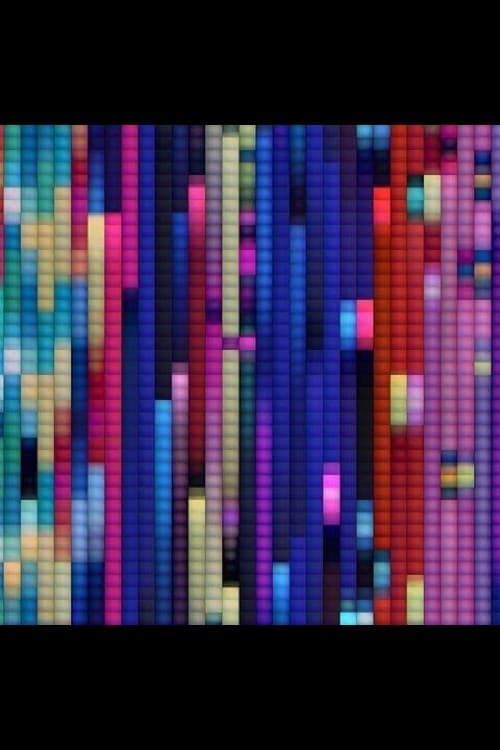Color Sequence
One of Grant's most interesting and important films is Color Sequence (1943) which consists only of pure solid-colour frames that fade, mutate and flicker. He made the film as a research into colour rhythms and perceptual phenomena, and although it now appears not only visually exciting but also as a precedent for the work of younger film-makers like Paul Sharits, Grant himself found the film to be too disquieting when it was first screened (cf. the Film Exercises), and it received little further play until the 70s.
Storyline
One of Grant's most interesting and important films is Color Sequence (1943) which consists only of pure solid-colour frames that fade, mutate and flicker. He made the film as a research into colour rhythms and perceptual phenomena, and although it now appears not only visually exciting but also as a precedent for the work of younger film-makers like Paul Sharits, Grant himself found the film to be too disquieting when it was first screened (cf. the Film Exercises), and it received little further play until the 70s.
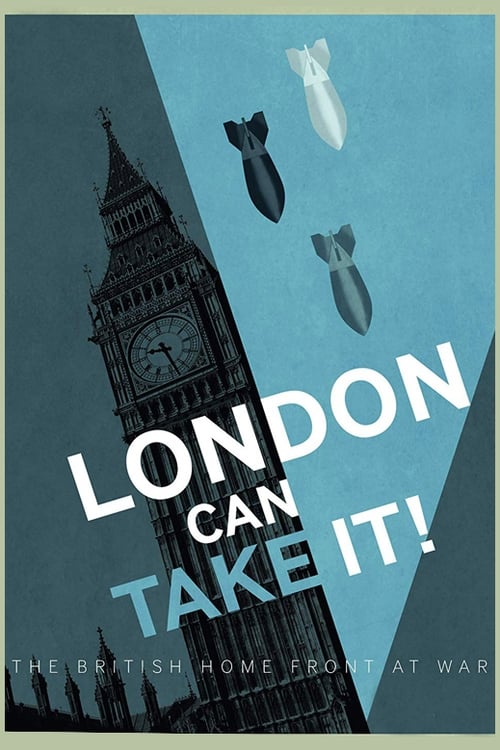
London Can Take It!
6.6
Hyper Sonic
5.4
Death Angel - Sonic German Beatdown - Live in Germany
6.2
Sikandar Ka Muqaddar
5.6
Soup or Sonic
6.3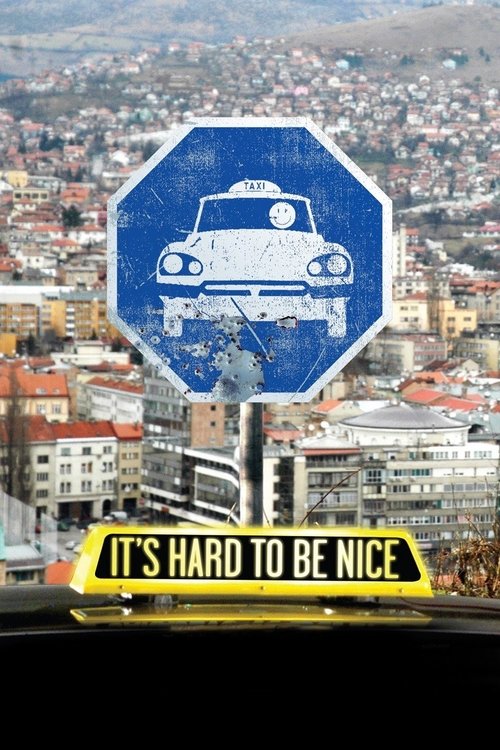
It's Hard to Be Nice
7.2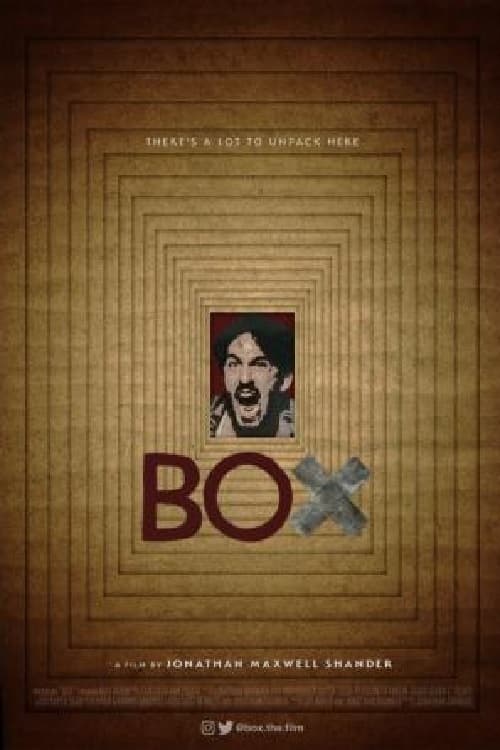
Box
4.5Accidentally
4.4
Breaking and Re-entering
6.0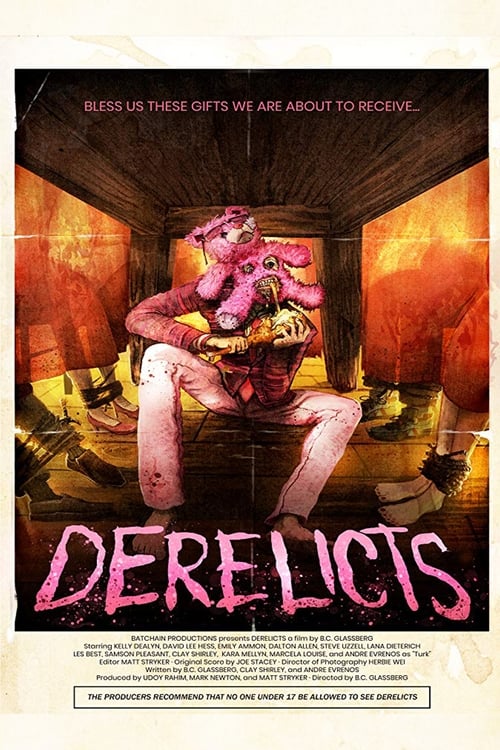
Derelicts
5.0
A very Sonic Christmas
6.8The Vapening
10.0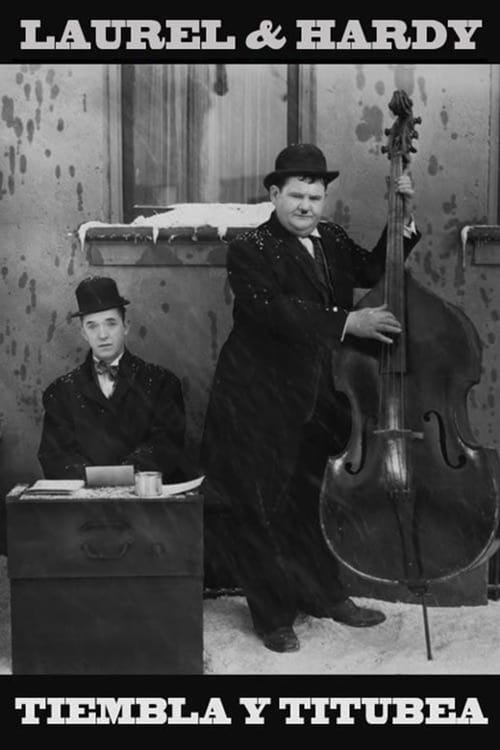
Shivering and Shaking
6.8
Noblesse: The Beginning of Destruction
6.7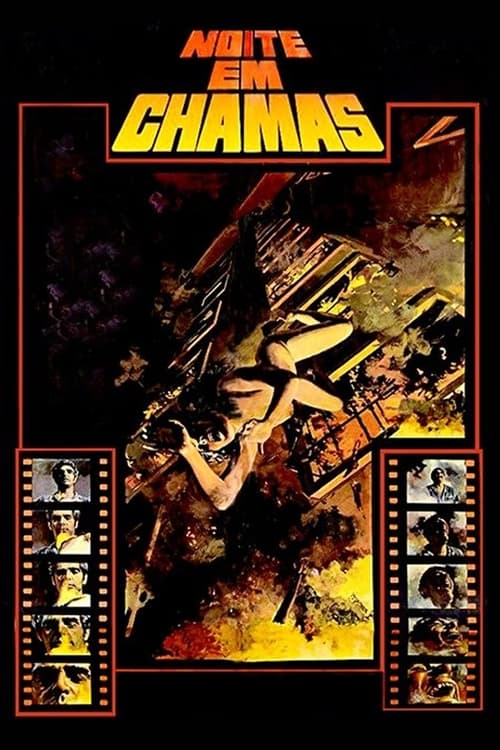
Noite em Chamas
6.0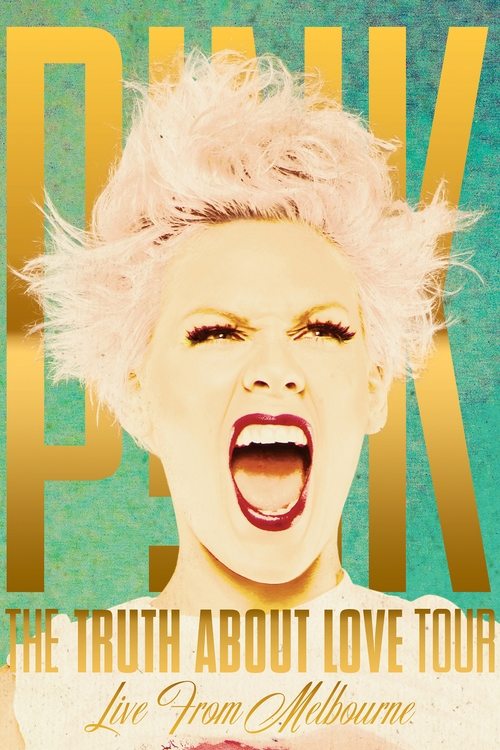
P!NK: The Truth About Love Tour - Live from Melbourne
8.2
I, the Executioner
6.9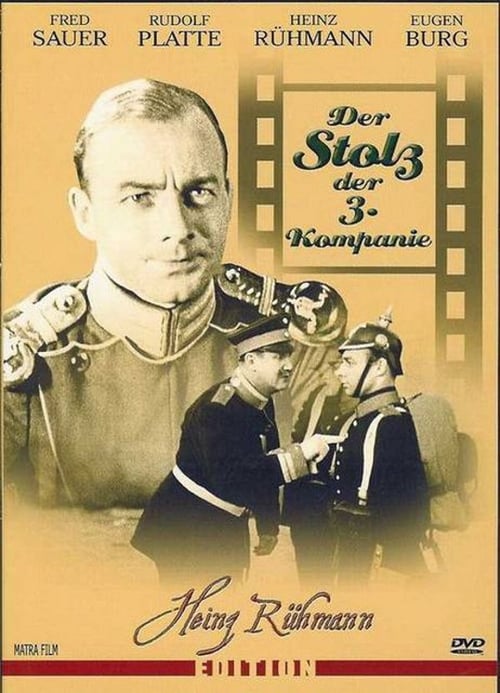
The Pride of Company Three
7.0
